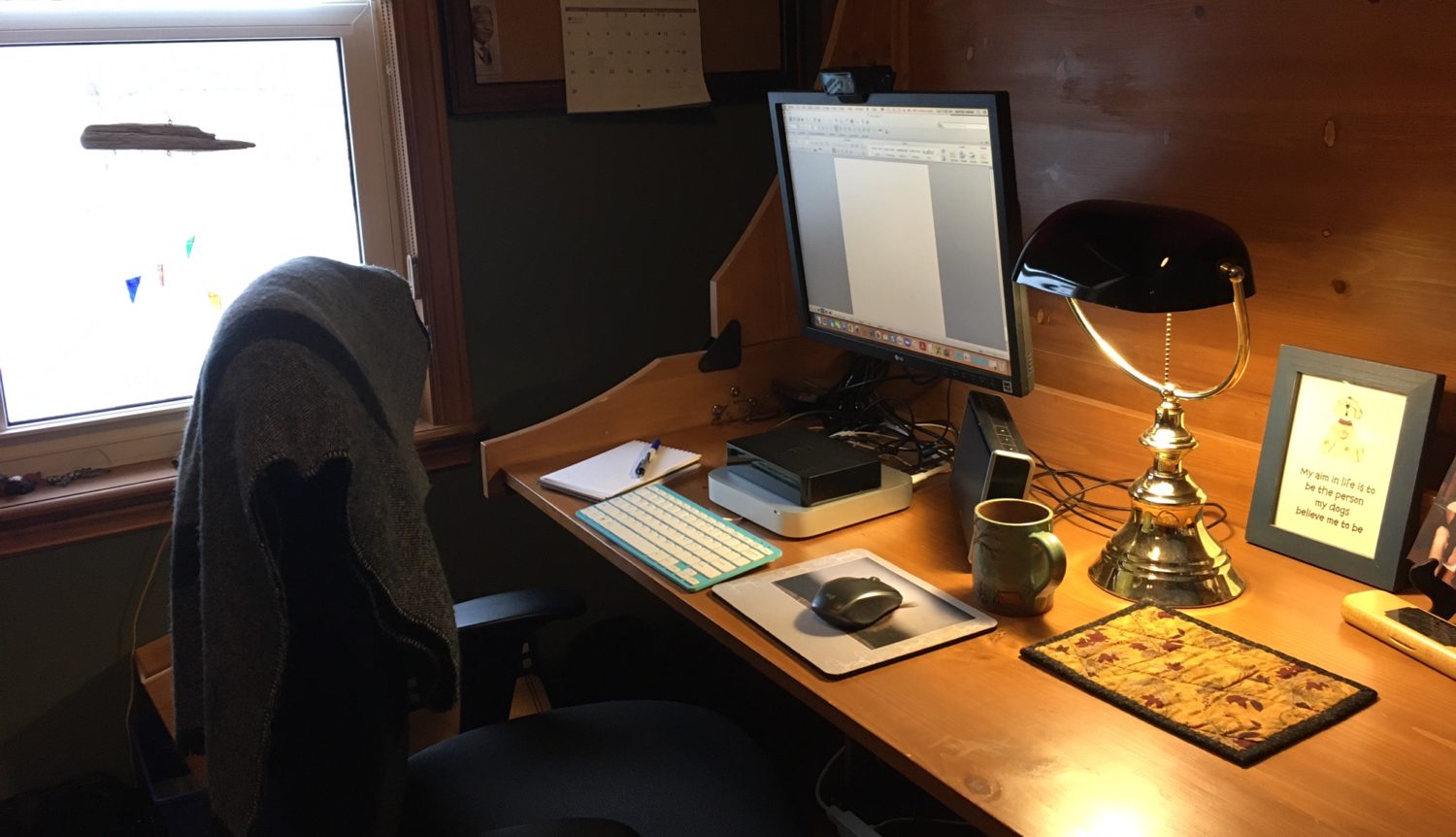It was five years ago today that I slipped on the stairs at work, hitting my head, and resulting in a concussion. It was a longer journey to recovery than I had anticipated. I’m immensely grateful for the excellent medical care I received and the support of my husband, family, friends, and colleagues. I also had excellent support from our HR Department and Worksafe New Brunswick. The Mild Traumatic Brain Injury (MTBI) Team at the Workers’ Rehab Centre is highly knowledgeable and their specialized skills played a huge role in getting me back to work and back to all my normal activities.
We have all those high-profile athletes to thank for our heightened awareness of the long term effects of concussion. There’s still a lot of work to be done to educate family physicians, rehab professionals, teachers, coaches, parents, and the general public.
One thing we don’t know much about is the effect of concussion on the aging brain, yet many of the folks I know who have sustained a concussion are in their 50’s 60’s, and 70’s. Their injuries happened in the course of their normal daily activities – slipping in the shower, falling on an icy sidewalk, the trunk lid of their car coming down unexpectedly fast. No high performance athletics were involved.
Many of the current treatment options place an emphasis on the physical effects of concussion – regaining balance and strength, managing pain. However, that’s just one aspect of recovery, albeit a basic and essential one.
Concussion almost always affects memory, cognition, learning, and the ability to strategize, organize, and execute a plan. These are often the more devastating and life-altering effects. They are also frequently the more persistent deficits, but are poorly understood and not given the attention they deserve.
Another subject of research which is sorely lacking is the effect of concussion on the creative brain. It is much harder to measure how one’s ability to write, paint, compose music, choreograph dance, or engage in the performing arts is affected.
My experience with concussion has given me a new mission in life, as I have a rather unique perspective. I have treated patients with MTBI whose speech and language function were affected by their injury. Now I have participated in my own therapy and have learned a lot along the way. I had a tremendous advantage because of my education as a speech-language pathologist, with a good understanding of neuroanatomy and neurophysiology and the importance of what is called “executive function.”
I’ve heard some horror stories of people being given bad advice by their physicians or other health professionals, of teachers and coaches sending kids back into a game after they’ve had a bump on the head. There’s no longer any excuse for this lack of knowledge and judgment. I’d like to believe that everyone can access the kind of expertise and care that I received but we’re not there yet.
